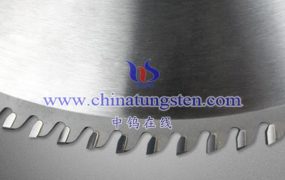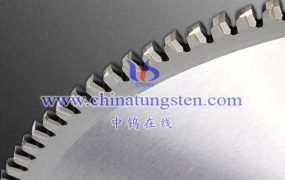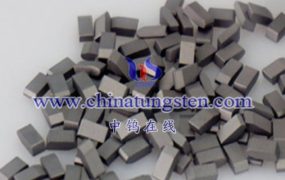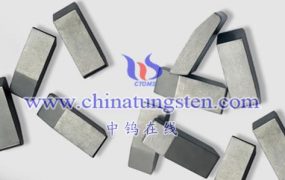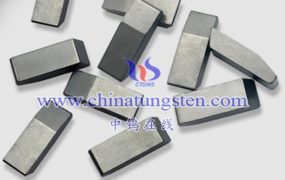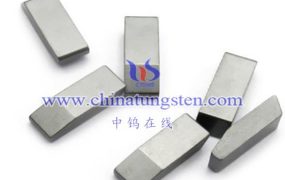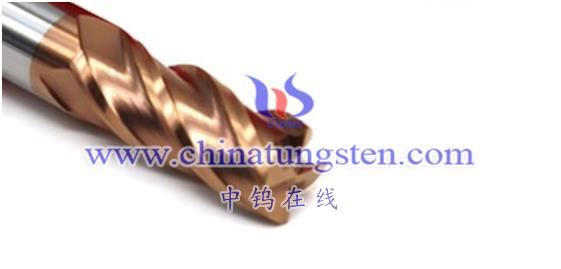
During the sintering process, the atmosphere has a significant impact on the properties of cemented carbide. The following are the effects of sintering atmosphere on the properties of cemented carbide:
1. Reducing atmosphere: Sintering in a reducing atmosphere can prevent the compact from burning and reduce surface oxides. For iron-based and copper-based products, furnace gas or decomposed ammonia is often used, and pure hydrogen is often used for cemented carbide and stainless steel. In this way, the density and strength of cemented carbide can be effectively improved.
2. Vacuum sintering: Vacuum sintering can be used for active metals or refractory metals (such as beryllium, titanium, zirconium, tantalum), TiC-containing cemented carbide and stainless steel. Vacuum sintering can avoid the adverse effects of harmful components (H2O, O2, H2) in the atmosphere, and can also reduce the sintering temperature (generally by 100 to 150°C).
In general, during the sintering process of cemented carbide, a suitable atmosphere should be selected according to the characteristics and uses of the alloy to optimize the performance of the alloy.
More details of tungsten carbide product, please visit website: http://tungsten-carbide.com.cn/
Please contact CHINATUNGSTEN for inquiry and order of tungsten carbide:
Email: sales@chinatungsten.com
Tel.: 86 592 5129595
